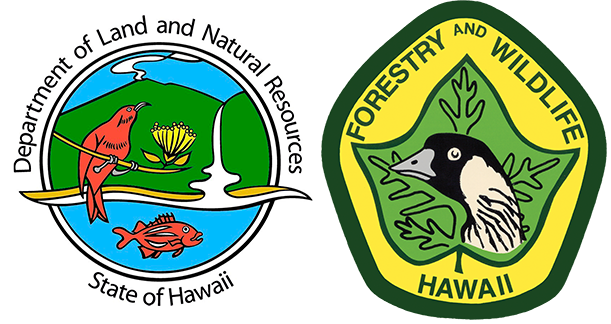Oʻahu Projects & Plans
The Oʻahu Forestry & Wildlife Branch engages in a number of projects and partnerships across our island. Information below is provided to help Oʻahu residents understand the work of the Branch and the projects we undertake to steward our natural and cultural resources.
Proposed & Potential Projects
 |
In order to reduce the impacts of increased trail usage, the Department of Land and Natural Resources, Division of Forestry and Wildlife is beginning the process of developing a trail master plan in collaboration with local residents and community members, state and local elected officials, community organizations and the general public. Learn more about the Kaʻiwa Ridge Trail Management Plan here |
Published Projects & Plans
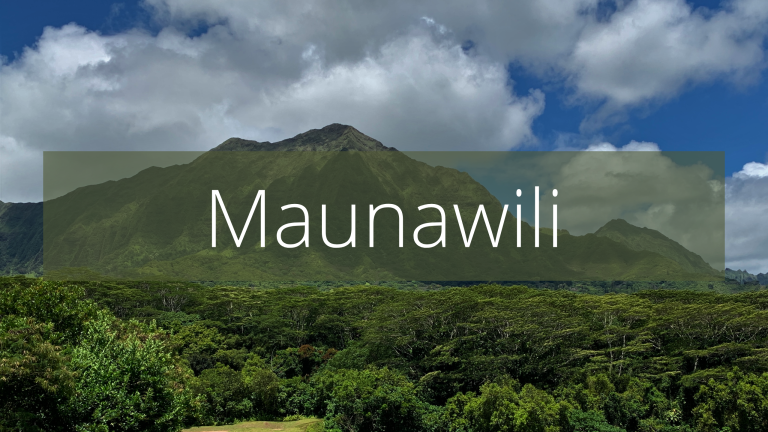 |
An archaeological inventory survey was completed for the trail corridor of Maunawili Trail in 1991. This document also includes appendices titled Cultural History of Maunawili Valley and Kailua Ahupuaʻa and Named Places, Legends and Historic Times in the Ahupuaʻa of Kailua with Special Emphasis on Named Places of Maunawili Valley, by Victoria Creed. |
 |
Kaʻala Management Plan describes the management program at 1,100 acre Mount Kaʻala Natural Area Reserve, established in 1981. Kaʻala Management Plan Kaʻala Operational Plan describes the management of non-native species of plants for the summit plateau of Mount Kaʻala Natural Area Reserve. Kaʻala Operational Plan |
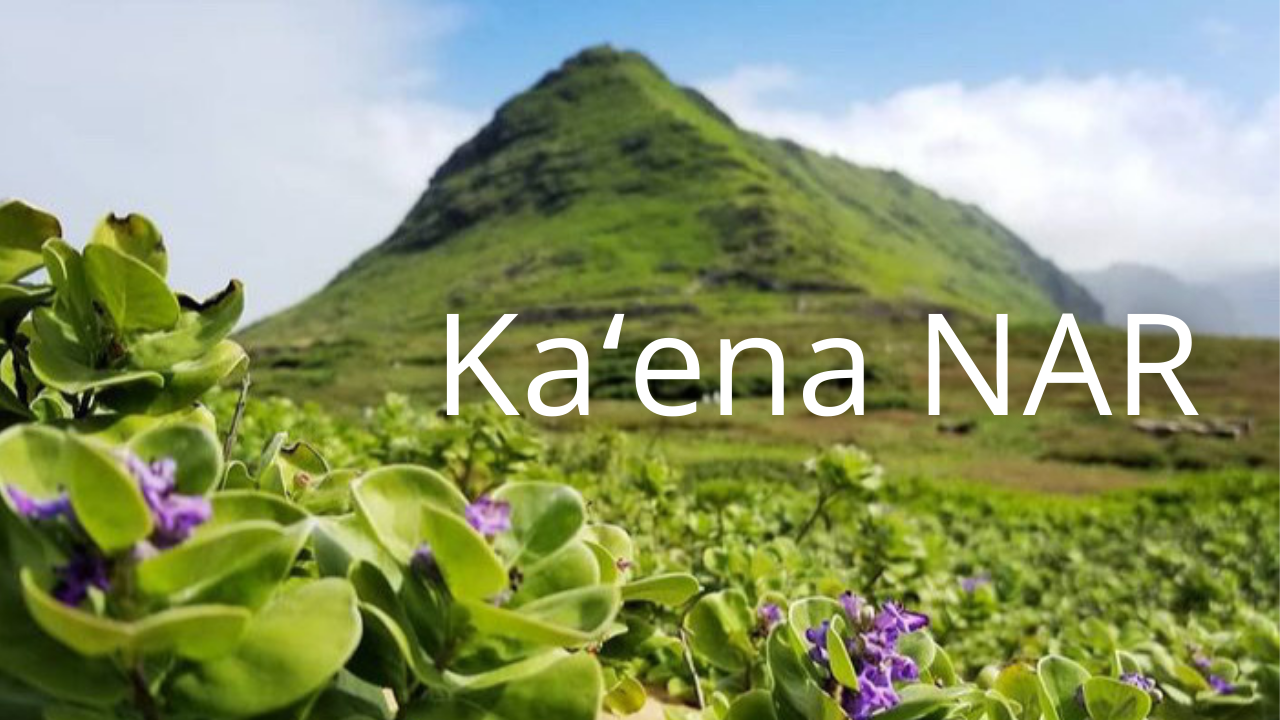 |
Ka‘ena at the westernmost point on O‘ahu, is the site of one of the last intact dune ecosystems in the main Hawaiian Islands. Ka‘ena Point NAR was established in 1983, by Executive Order 3162, to protect a portion of the most extensive remnant dune system on O‘ahu from damage and degradation caused by off-road vehicle use, erosion, and the spread of invasive species. Kaʻena Point Ecosystem Restoration Project – Final Environmental Impact Statement |
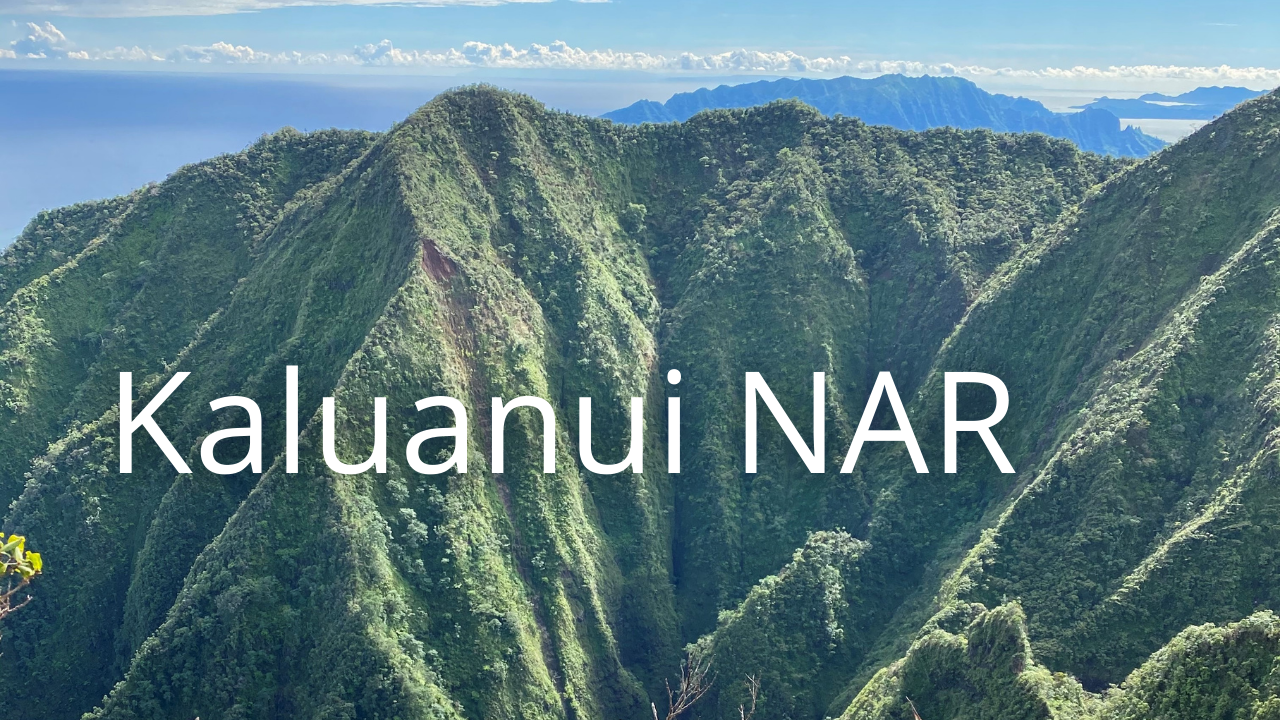 |
Kaluanui Natural Area Reserve is located on the windward side of O‘ahu and is the first NAR to be established in the Ko‘olau Mountains. It preserves unique lowland forests and the Kaluanui Stream, one of the few remaining streams on O‘ahu unaltered by humans and prime habitat for all five of Hawai‘i’s native freshwater fish species. |
 |
Final Environmental Impact Statement (Final EIS) for the Kawainui-Hāmākua Master Plan Project. Completed in partnership with the Division of State Parks. Kawainui-Hāmākua Master Plan Project: Final EIS The Kawainui Marsh Wetland Restoration and Habitat Enhancement Plan identifies improvements planned consisting of wetland restoration and erosion control, habitat restoration for native waterbird and fish species, improvements to support DOFAW’s maintenance operations and public access to the marsh. Kawainui Marsh Wetland Restoration and Habitat Enhancement Plan |
 |
Final Environmental Impact Statement (Final EIS) for the Kapuna Watershed Protection Project: Pahole NAR |
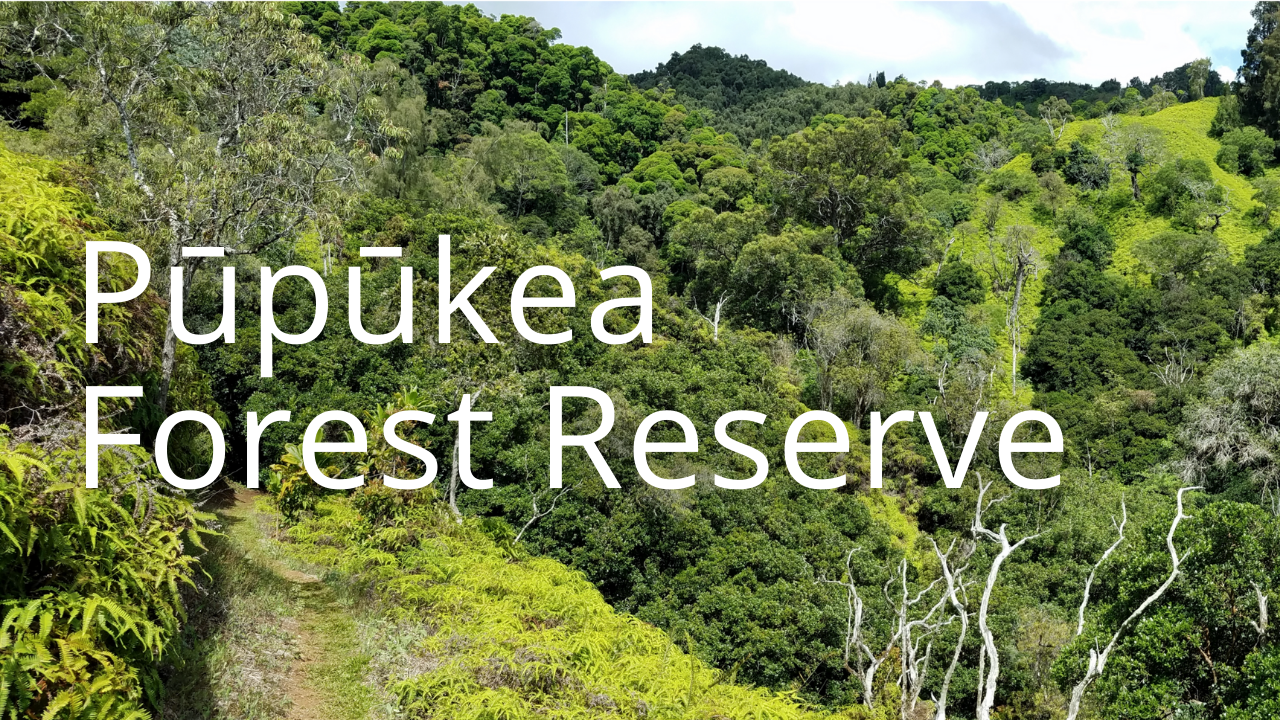 |
The Pūpūkea Forest Reserve consists of approximately 782 acres of state land located on the northwestern portion of the Ko‘olau Mountain Range in the Ko‘olauloa District on O‘ahu. Pūpūkea Forest Reserve Management Plan |
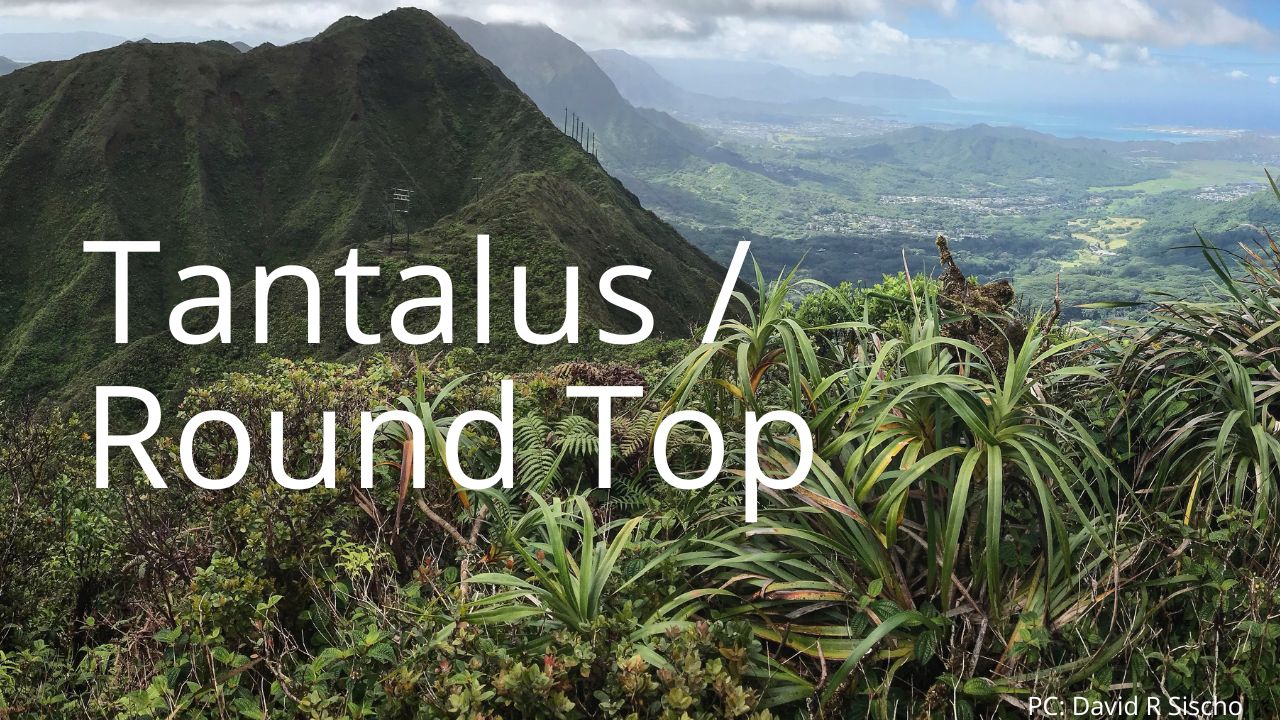 |
2015 Boundary Study Report, Tantalus Drive and Round Top Drive, Right of Way Assessment Project |
Ongoing Projects
 |
The Oʻahu Invasive Species Committee (OISC) is a voluntary partnership of state, federal, and private agencies. OISC works to prevent the establishment of new alien pests, controls incipient pests on public and private land, and educates the community about the threats of invasive species and what they can do to help. |
 |
The Koʻolau Mountains Watershed Partnership (KMWP) is a voluntary alliance of major public and private landowners committed to the protection of the native forests of the Koʻolau Mountains. KMWP works to coordinate and perform critical forest management actions such as controlling the spread of invasive plants and animals across nearly 100,000 acres of partnership lands. Learn more about the Koʻolau Mountains Watershed Partnership here |
 |
The Waiʻanae Mountains Watershed Partnership works together to protect, restore, and enhance the Waianae Mountains watersheds while incorporating traditional, cultural and community values for future generations. Learn more about the Waiʻanae Mountains Watershed Partnership here |
